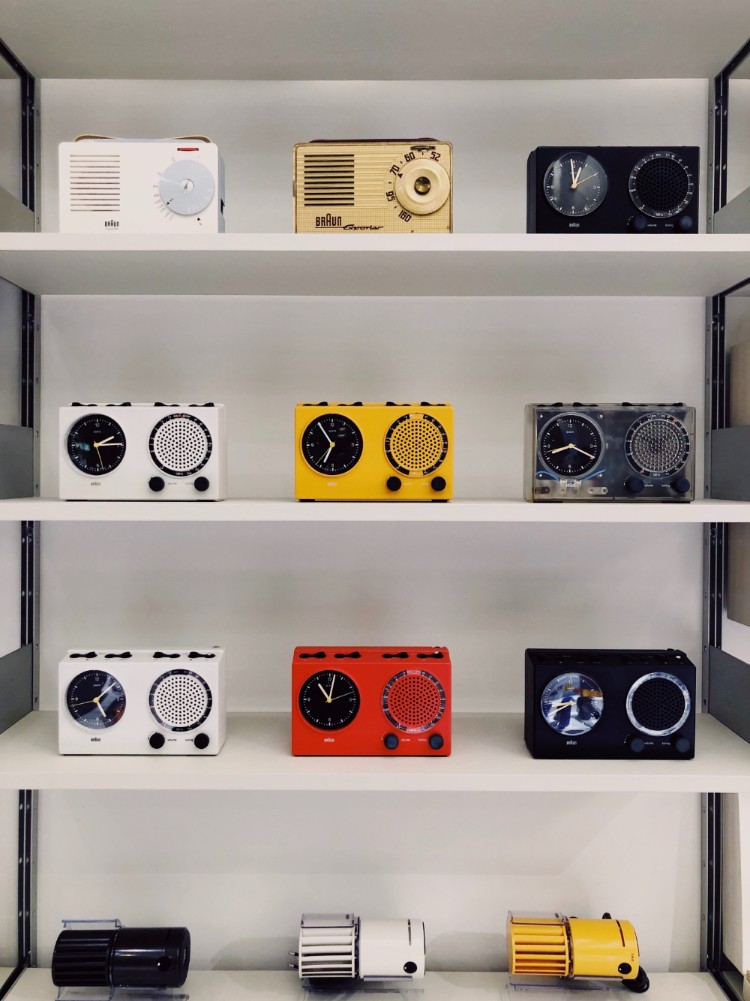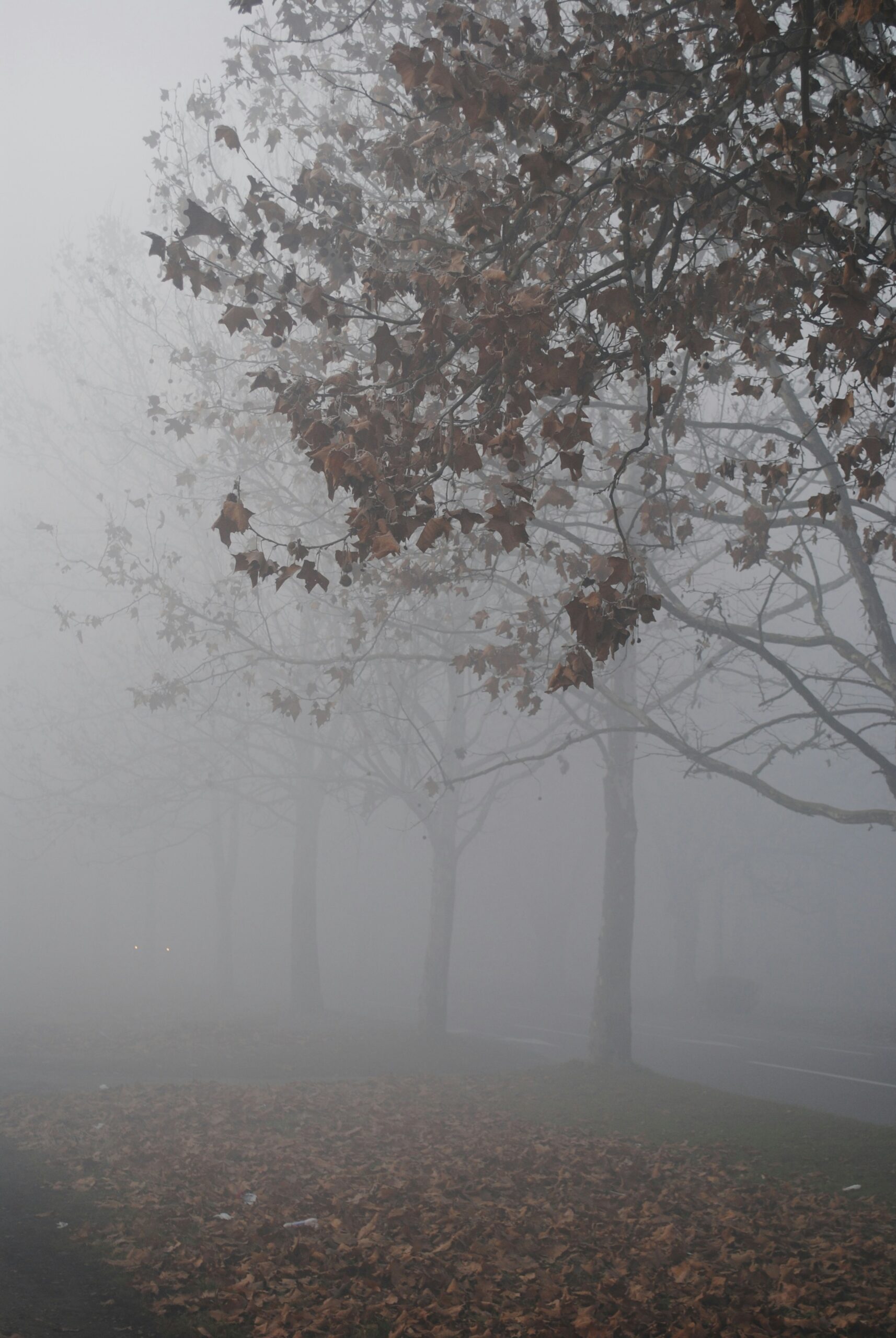Anthologies serve as repertoires for the conservation of the collective consciousness of a generation’s ideological drive. They are often the representation of a generation’s artistic vision and essence. Most importantly, anthologies project the varying influences and voices of the actors within a particular era. They very often become handy reference points to researchers and critics interested in studying what the dominant leitmotifs of certain generations were at a point in time. They also help to provide insights on the demarcation between the generations. In Nigerian, nay African literature and poetry, in particular, each generation has been marked by at least one important anthology that captures the divergent voices of the eras. For example, West African Verse (1967), edited by Donatus I. Nwoga, embodies the oral opulence of African poetry, and it encapsulates the lament of colonial experiences. It is also a representation of Africa’s pioneer poetics in the English Language. Wole Soyinka’s edited, Poems of Black Africa (1975) is characterised by post-independent discourse and cultural narratives aimed at decolonising Africans from the mental slavery occasioned by subjugated and imperialist narratives perpetuated by European explorers and later colonial masters. Soyinka’s anthology marked the coming of age of African cultural expressions as it parades a coterie of poets who were and still are the literary and cultural icons of their respective countries. For many, Poems of Black Africa is their primary contact with African poetry; it is a definitive anthology.
In Nigerian poetry, however, there have been two definitive anthologies since Soyinka’s Poems of Black Africa: these are Voices from the Fringe: An ANA Anthology of New Nigerian Poetry (1987), edited by Harry Garuba, is arguably one of Nigeria’s most preeminent anthologies whose reputation towers above the individual reputation of its contributors, it became a literary artefact, a legend in the academia and literary discourse all over the country. The significance of the anthology also lies in the quality of works featured and in the editorial dexterity of Garuba. Many of these poets have become the arrowheads of Nigeria’s literary establishment. Perhaps what is most instructive about the anthology is the fact that it is a representation of the poet as the conscience of the society as exemplified by its nationalist ideology and combat poetics of speaking truth to power. Theirs was a generation that confronted the reality of a militarised society.
The second most definitive Nigerian anthology is the mixed breed of prose and poetry, Camouflage (2006) co-edited by Nduka Otiono and Odoh Diego Okenyodo. Nwoga introduced the world to West African Verse, in the 1960s, Soyinka introduced Poems of Black Africa, to the world in the 1970s. In comparison, Garuba introduced “New Nigerian Poetry” to the world in the 1980s. Otiono and Okenyodo thus completed the circle with their “Best of Contemporary Writings from Nigeria” in other words, theirs is the best amongst the generation of Nigerian writers. Although, as sanctimonious as the tag might seem, their generation, no doubt, has produced some of the finest women and men of Nigerian letters, including Chimamanda Ngozi Adichie, Helon Habila, Toni Kan, Ahmed Maiwada, Lola Shoneyin, E.E Sule, Tolu Ogunlesi, among all the other very important writers, whom have become Nigeria and Africa’s cultural ambassadors of repute.

It suffices to posit that Camouflage provides a middle ground for the annexation of a known and unknown generation. Between 1987 and 2006 when Camouflage was published, there is almost a twenty years gap, which implies that a generation that could have been appropriated was missed. This is not a peculiar scenario, between the Soyinka and Garuba anthologies, there is a gap of a little over a decade and there is no defining anthology for the Niyi Osundare-Odia Ofeimun generation, even though their social-marxist theorisation of poetry cannot be lost in the discourse of Nigerian literature. The Osundare’s generation operated more powerfully, as independent artists even though they had the common objective of speaking truth to power and awakening the conscience of the masses to the corruption and ineptitude bedevilling the land. Camouflage is an important collage of voices that furthers the tradition of appropriating tropes and ideological linings across generations. It is such a significant anthology and contribution to the ever-expanding discussion of Nigerian literature.
It is more than a decade since the publication of Camouflage, new stars have emerged on the Nigerian literary scene, claiming, like Otiono and Okenyodo had done fourteen years ago, to be the “revolutionary age of Nigerian poetry”. This new generation of Nigerian poets regard themselves as the climax of Nigerian poetry even in their diverse and individual quests for meaning. Constantly, the new poets like Umar Abubakar Sidi, Richard Ali, Dami Ajayi, Femi Morgan, Saddiq Dzukogi, Romeo Oriogun, David Ishaya Osu, Su’edie Vershima Agema, and emerging critics like Carl Terver always engage in conversations with one another on the social media over what should be regarded as the new standard for Nigerian poetry. There appear to be two schools of thought operating within the current Nigerian literary space: the new confessional poetics and the prodigies of traditional aestheticism. Much as these conversations are welcomed and highly significant, it is equally imperative to appropriate same in a more concrete form as a collective. This generation must have an anthology similar to those already highlighted in this essay, to serve as the unifying core of the generation’s artistic productions for academic and other purposes.
It is based on this premise that I am proposing an anthology of fresh voices to showcase the diversity and nuances of contemporary Nigerian poetic expressions. The anthology is to be edited by me, and support would be sought from well-meaning individuals and institutions who might be inclined to support the idea. The plan is for it to happen in 2021 but the call for submission will be made in the second half of 2020. Already, Splendors of Dawn Poetry Foundation has indicated its interest to provide logistic support for the project. I hope that more platforms would key into the vision and support it to life. Some notable literary figures have already indicated their willingness to support the initiative.

Paul Liam is a poet, critic and Head of Operations at Isu Media Ltd, Abuja
- Kabura Zakama’s Chant of the Angry: The Lamentation of a Nation in Despair || PaulLiam - September 14, 2024
- Abdullahi Ismaila’s Our Country Holds a Whip Against Us: Toneful Wailings And Wakeful Laughters|| Paul Liam - June 24, 2021
- On Reading “Gathering of Spirits & Other Poems” by Umar Abubakar Sidi || Paul Liam - May 3, 2021












Leave a Reply